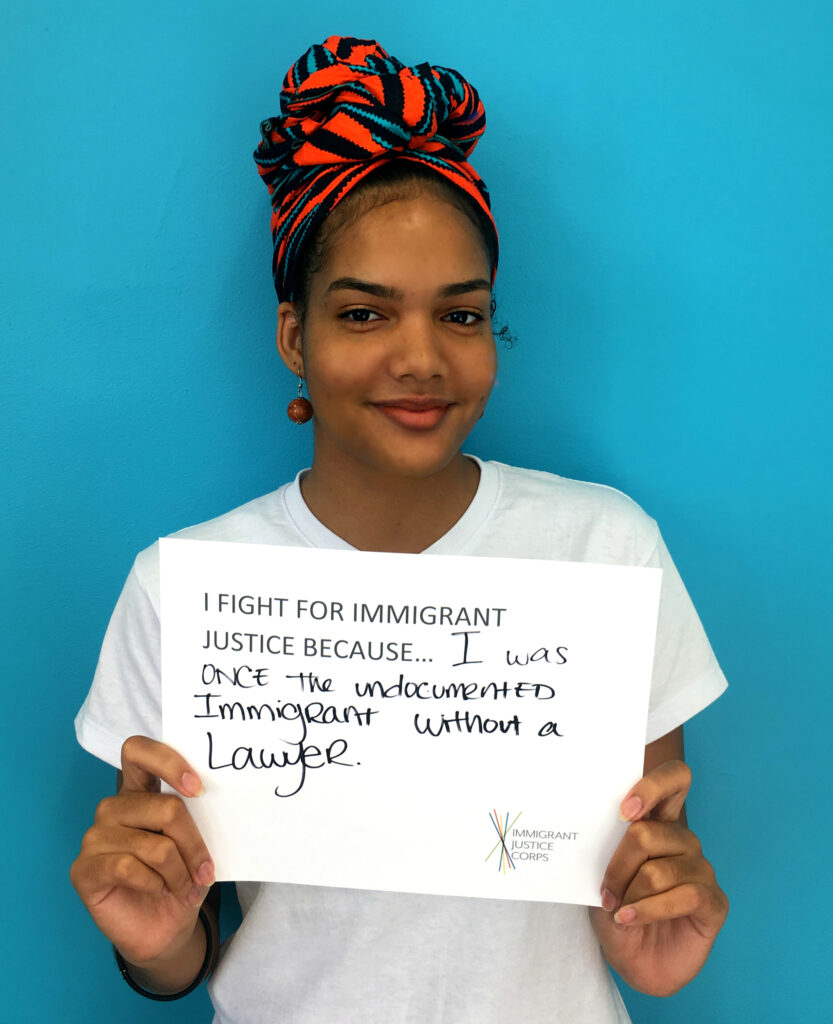Where are they now?: Kennji Kizuka
In the “Where are they now?” series, we introduce you to former IJC Fellows and share their stories — how they became a Fellow and how their Fellowship experience informs their work today.
Kennji Kizuka, a 2015 Justice Fellow, is Director for Asylum Policy at the International Rescue Committee. In the role, Kennji conducts research, reports on what the IRC is seeing and advocates for dignified reception systems for immigrants.
Why did you become interested in immigration law?
From the work I had done with human rights organizations, including on refugee issues, I knew that I wanted to be able to bring that international human rights lens to domestic legal work. But in the US, there are very limited avenues to uphold human rights directly in our legal system. Asylum law is one of the few areas where we can bring human rights to bear in everyday practice to try to prevent people from being returned to danger and holding our government accountable to its international commitments.
What brought you to the IJC Fellowship? How/why did you end up applying?
The simple answer is that I applied to the Fellowship so that I could become a better lawyer for the people I would be representing. Being a bit humble about what we learn during law school and in our internships and clinics – it just doesn’t compare to doing the on-the-job work. The Fellowship provides that continued training and support to make sure you’re representing your client well and also the chance to critically consider our roles in these processes that are so fundamentally unfair and sometimes literally life and death.
What do you value most about your time as a Fellow?
The community of Fellows has to be near the top of that list. I was lucky to be placed at an organization with a number of Justice Fellows and a Community Fellow. We partnered on some cases. It was chance to learn from each other’s experience both professional and personal. The network, both the people I worked directly with but also the Fellows across organizations and classes, has been a huge support – just knowing that you can reach out to them when you have a question about an issue that you don’t normally see. That connection among our fellow Fellows has been strong and encouraging over these last nine years now.
What advice would you give to a Fellow on their first day?
Often the situations and circumstances clients face are so complex. The legal problem they come to you to resolve may be one very small piece of that. And, as immigration lawyers, we generally aren’t equipped in law school or necessarily through our employers to able to respond to the full spectrum of issues that are as, or more, critical than the immediate immigration case. So, even before day one, I think it’s important to figure out how to familiarize yourself with the local agencies, rules and regulations of government systems that may be outside your practice area, like housing, public benefits, health insurance, but are life-sustaining for clients. Maybe there will be a social worker at your job, like I was lucky to have, but in any case, you’ll need to orient yourself to the other service providers and navigators in the areas where your clients live.
Do you have a particular memory that sticks out from your time as a Fellow?
I worked with a Community Fellow with a client who had given up his lawyer to someone else who needed it, he felt, more urgently than he did. He was about to go into his own asylum interview alone. My co-Fellow jumped into action. She pushed us to take the case even though we had pretty limited time to prepare. We were able to help the client quickly collect evidence and accompany him to his interview. It was one of those instances that represented the beauty of the Fellowship – where we can work together as Community and Justice Fellows to figure out what’s required for a client to succeed and rapidly do what needs to be done.
In April 2022, Kennji testified before the U.S. House Committee on Homeland Security at a hearing about Title 42, a Trump-era policy which allowed the U.S. to quickly deport migrants at the southern border. He was joined by Justice Fellow ’14, Aaron Reichlin-Melnick, Policy Director at the American Immigration Council.
